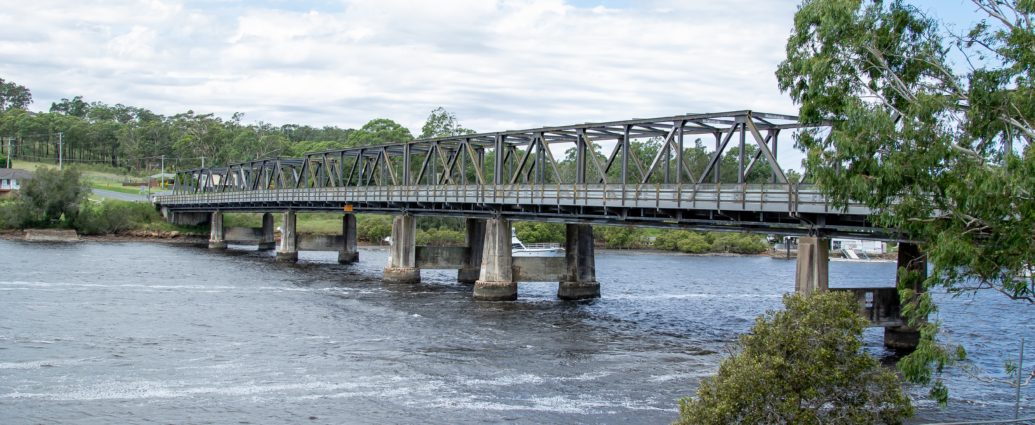A BBC Panorama investigation has discovered water companies have been illegally dumping sewage in English and Welsh rivers.
Treatment plants are only able to dump sewage into waterways after heavy rainfall and when rivers are close to capacity to prevent flooding and sewage blocks.
Recent figures published by the Environment Agency revealed that untreated sewage, including wet wipes and condoms, were released into Britain’s waterways for more than 3 million hours last year.
BBC Panorama surveyed 10 different water companies in England and Wales about their handling of sewage and this is what they found…
Data suggests that 7 out of the 10 companies were actively breaching permits by dumping sewage into waterways before treatment.
Welsh Water as one of the worst offenders
Welsh Water was discovered to be one of the worst offenders, with BBC Panorama data showing how 3 of its treatment works were breaching their permits.
In December 2020, its Aberbaiden plant illegally dumped sewage into the River Usk for 12 consecutive days.
The River Usk is a protected river as a Special Area of Conservation and a Site of Specific Scientific Interest.
Daily swimmer of the River Usk, Angela Jones, said: “I know so many people who swim up that area, you know. It’s just appalling, absolutely appalling.
“We can see clearly that they are releasing sewage into the water when they’re not allowed to.”
Welsh Water does not believe it is acting illegally but told BBC Panorama that they hope to have a permit by July.
A spokesperson from Welsh Water said: “We continue to invest significantly in our network so that we minimise the impact of our activities on the environment. However, these solutions and processes can sometimes take many years to resolve in order to fully investigate, design solutions, and secure funding.”
Sewage dumped in the River Thames
Thames Water is another company that came under investigation, with information being shared by campaign group Windrush Against Sewage Pollution.
Data from this group revealed that Thames Water’s Mogden treatment works in south-west London breached its permit on 43 days in 2020.
Thames Water claimed a small number of its sewage plants have been struggling after heavy periods of rainfall but that it is committed to improving its practices.
“Putting untreated sewage into rivers is unacceptable to us, to our customers, and to the environment, even when legally permitted.
“We absolutely want to to go further, invest more, and play our part in helping the environment to thrive.”
Due to illegal dumping, the water industry are having to invest more than £1 billion over the next five years to reduce such discharges.
The Rivers Trust, an organisation campaigning to protect rivers in England and Wales, have released a map of where water companies release their untreated sewage which can be found here.
Whilst there has been an increase in investigations into companies illegally dumping their sewage into waterways, more work is still to be done if we want to protect England and Wales’ natural rivers and lakes.
Madeleine Raine
Featured image courtesy of Lynda Hinton on Unsplash. Image license is available here. No changes were made to this image.


1 Comment